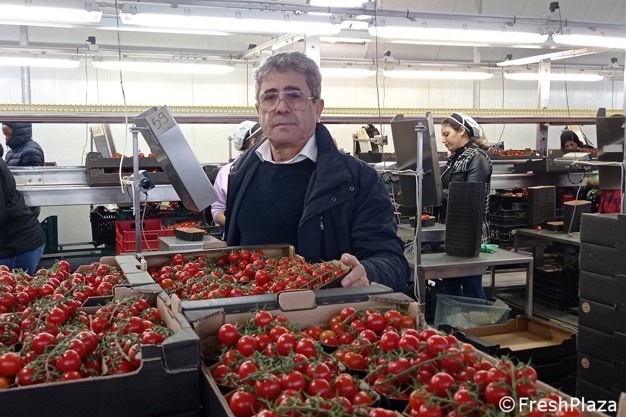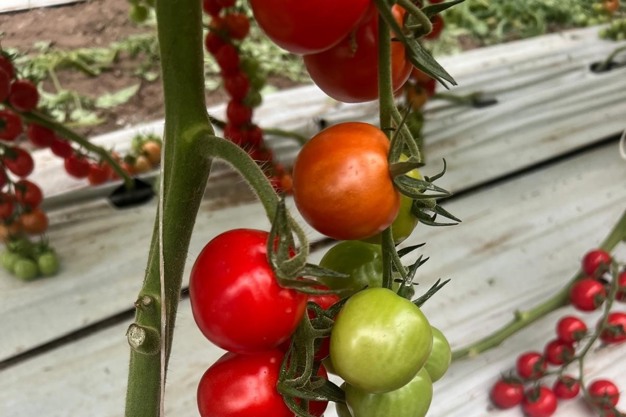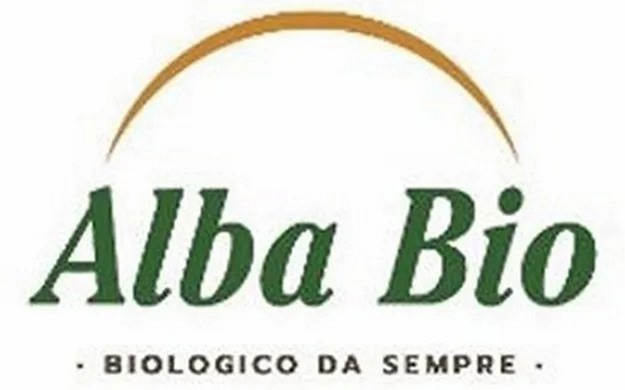The production of tomatoes is one of the most important agricultural activities in Italy but, in recent years, it has been facing a number of challenges that have put the sustainability of the sector at risk. These problems include rising summer temperatures, incorrect scheduling, market volatility, non-compliance with collection agreements and fragmentation among producers. Vittorio Gona of OP Alba Bio, talks about the most recent emergency, the summer heat, now considered "a threat to quality and yields".
 Vittorio Gona
Vittorio Gona
"Climate change is causing our summers to be hotter and hotter, with temperatures frequently exceeding the optimal limits for tomato growth. The heat factor, combined with the scarcity of water in some areas, compromises both the quality and quantity of the harvest. In fact, tomato plants are particularly sensitive to excessive heat, as it can cause damage such as blossom drop or scalding of the fruit, making it unsaleable."
Incorrect scheduling, the result of a system that does not respect natural cycles
"Another problem affecting the sector is poor production planning. Tomatoes are a crop that requires careful planning, from sowing to harvest, in order to avoid overproduction or, conversely, shortages. Planning is in fact often ineffective: sometimes excessive quantities are planted, with the risk of seeing prices fall due to oversupply; other times production does not meet demand resulting in shortages and prices skyrocketing, which is what is happening at the moment. The lack of effective coordination between the different actors along the agri-food chain prevents the optimal management of resources."

Unstable markets, production costs and business risks
"The tomato market is highly volatile, with prices fluctuating considerably throughout the season. The main cause of this is related to the weather, which directly affects production, but also to price speculation and uncertain trade policies. Fluctuations in quotations, combined with a demand that does not always coincide with supply, generate uncertainty for producers, who do not know what price they will get for their harvest. At the moment, producer prices hover around €2.50/kg for cherry tomatoes; €3.00/kg (or even more) for plum tomatoes; €2.00/kg for the smooth round bunch tomatoes. For other cultivars we have €1.20/kg courgettes and €1.40/kg for peppers. Such an apparently high price list should be guaranteed to producers throughout the whole season, if we think of the production costs and the very high business risks. All it takes is a frost, a flood, or a heat wave to wipe out investments and months of hard work, but who takes this into account in the price formation process?"
Horticulture: a fragmented sector.
"Another major obstacle to the growth of the sector is the fragmentation among producers. Many farmers operate independently on a day-to-day basis or, rather, they go to the highest bidder. There is a total lack of coordination that could guarantee greater bargaining power vis-à-vis the big retail trade. The lack of a solid network limits the possibility of investing in innovation, improving farming techniques and negotiating better prices. Furthermore, the lack of cooperation between farms makes it difficult to collectively address the challenges of climate change and market variability."
"To overcome this, we need a strategic vision that includes better crop planning, market stabilisation policies, respect for the contribution agreements and, above all, greater unity among producers. Only through closer cooperation and a more sustainable management of resources will it be possible to ensure the competitiveness and survival of the sector in an increasingly challenging context."
For more information: 
Vittorio Gona
O.P. Coop. Alba Bio
Cda Ferranta, SN
97010 Marina di Ragusa (RG) - Italy
+39 0932 239003
[email protected]
www.gruppoalbabio.it
